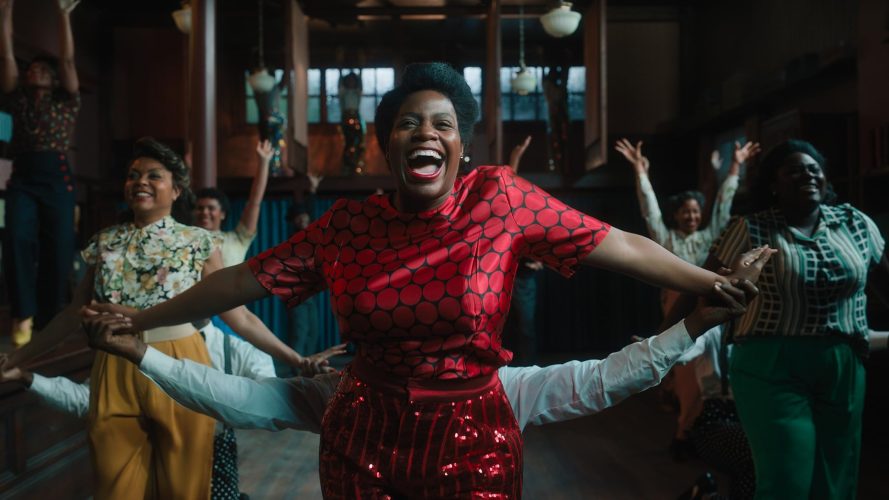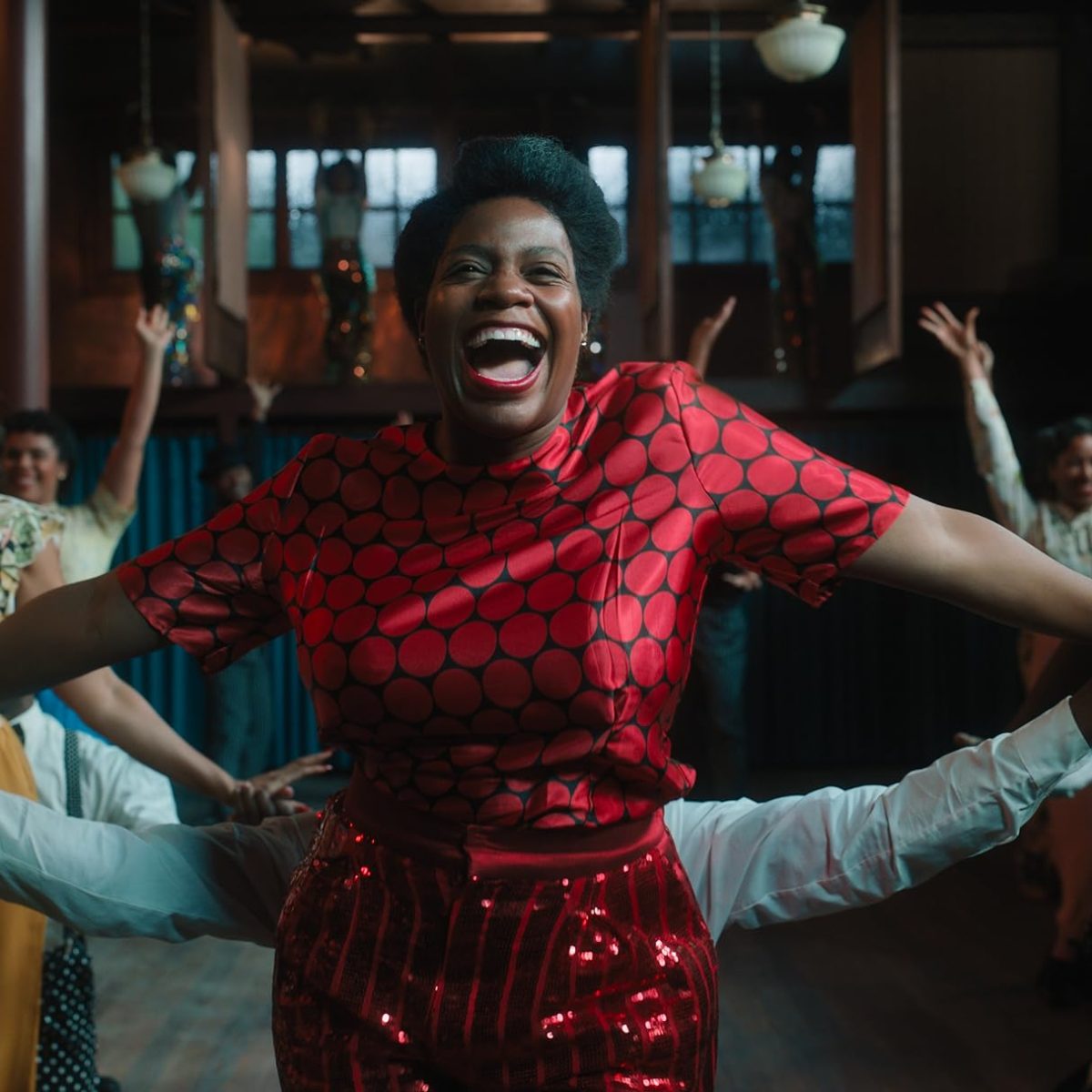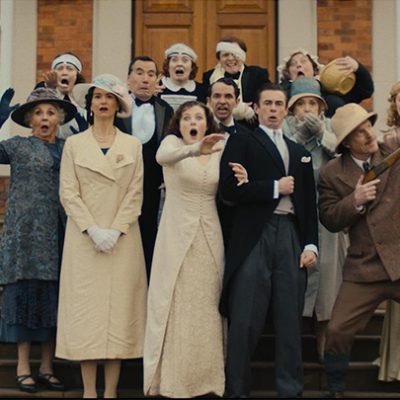
In the movie musical The Color Purple, a woman faces many hardships but ultimately finds extraordinary strength and hope in the unbreakable bonds of sisterhood. Source: Australian Catholics.
The film is based on the Broadway show (2005), which itself was based on Alice Walker’s Pulitzer Prize-winning book of the same name, first published in 1982.
The story of Celie Harris (Barrino) is one of hurt and horror that is ultimately redeemed by time and her own quiet and enduring heroism. As a poor, black woman at the turn of the century in Georgia, life delivers her only backhanders. She is raped and has two children by her step-father and is sold in marriage as a virtual domestic slave to keep house for Mister (Domingo) and his three children. She suffers at his hands, physically and emotionally and is frequently humiliated. Her sole joyful relationship is with her sister Nettie, who is forced to leave the property when she refuses Mister’s advances.
The two siblings are long separated, not knowing whether one or the other is dead, but the love they share is seen through the scenes with letters arriving at the mailbox, letters written each week in hope. That Mister hides these from Celie only adds to the array of small cruelties that beset her.
Celie believes ardently in God and the film shares some lovely scenes of the intensity and clamour of gospel meetings. Interestingly, although this faith aspect underpins much of the grace and resilience that Celie shows despite her adversities, few have commented on this rich seam which can provide solace when life is bleak. The church community is the glue that holds things together when everything else is fraying at the edges.
Mister loves the blues singer Shug Avery (Henson) and she comes to stay in his home, being waited on as she recovers from the excesses of her show-biz lifestyle. She is imperious, volatile, sexy, sultry and sassy. Over the course of the movie, she helps Celie discover her own voice, her own inner sparkle, with hints that their friendship has moved beyond the platonic.
The other strong female character is Sofia (Brooks), larger than life, opinionated and a woman who will not be told. When she utters “Hell, no” to the offer of being the mayor’s wife’s maid and a rumble ensues, her life takes a sad turn.
This film does not shy away from the racial issues of the time, although these are glossed over somewhat in comparison to the 1985 film, which had Whoopi Goldberg in the role of Celie.
Ultimately, an uplifting film of survival, faith and hope, leavened with good songs and some humour, making us think about the possibility of healing rifts of hurt and anger with grace and goodwill.
Review by Ann Rennie.
The Color Purple: Starring Fantasia Barrino, Taraji P Henson, Danielle Brooks, Colman Domingo, Corey Hawkins, Deon Cole. Directed by Blitz Bazawule. 2 hours 20 minutes.
FULL REVIEW
The Color Purple (Jesuit Media via Australian Catholics)







